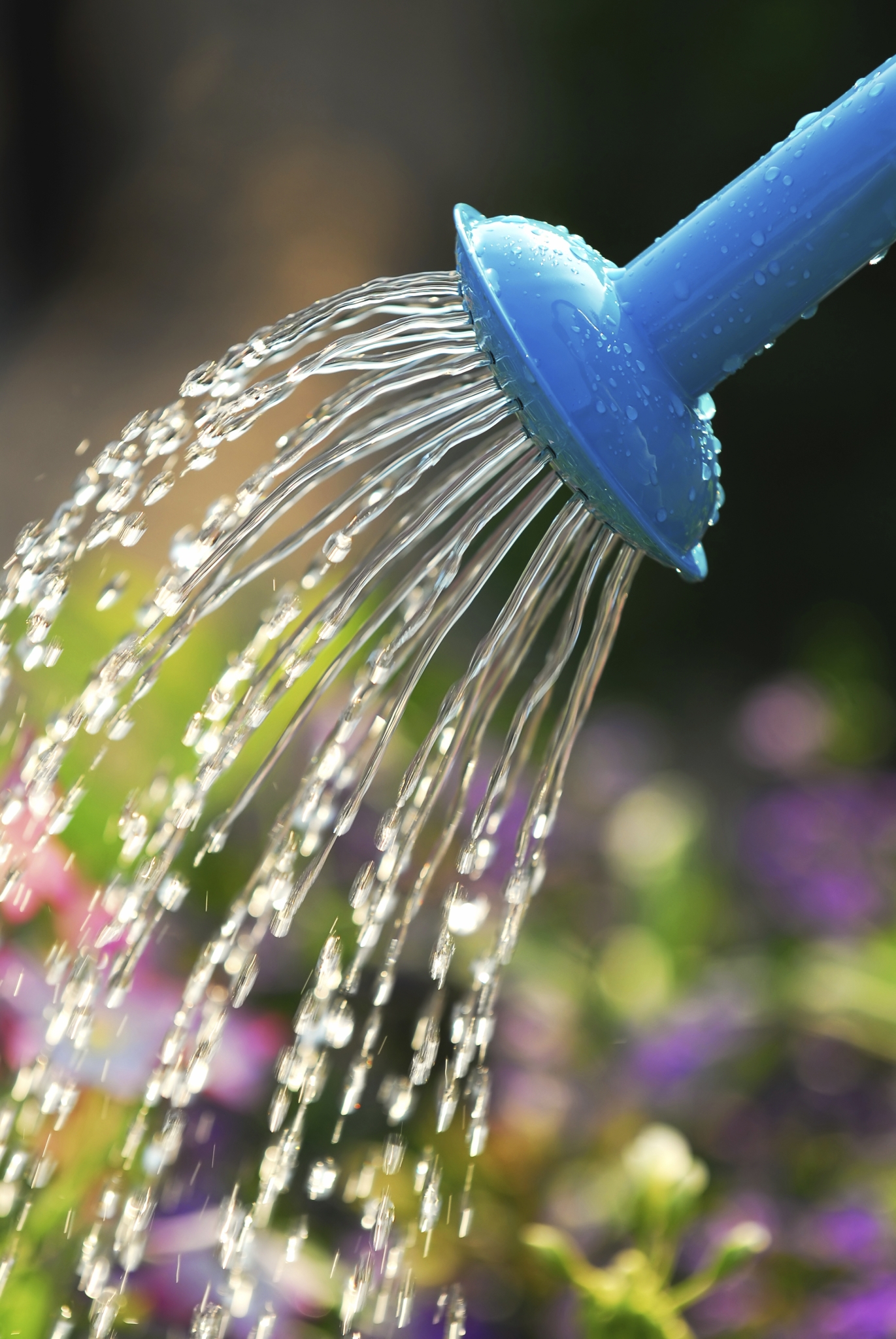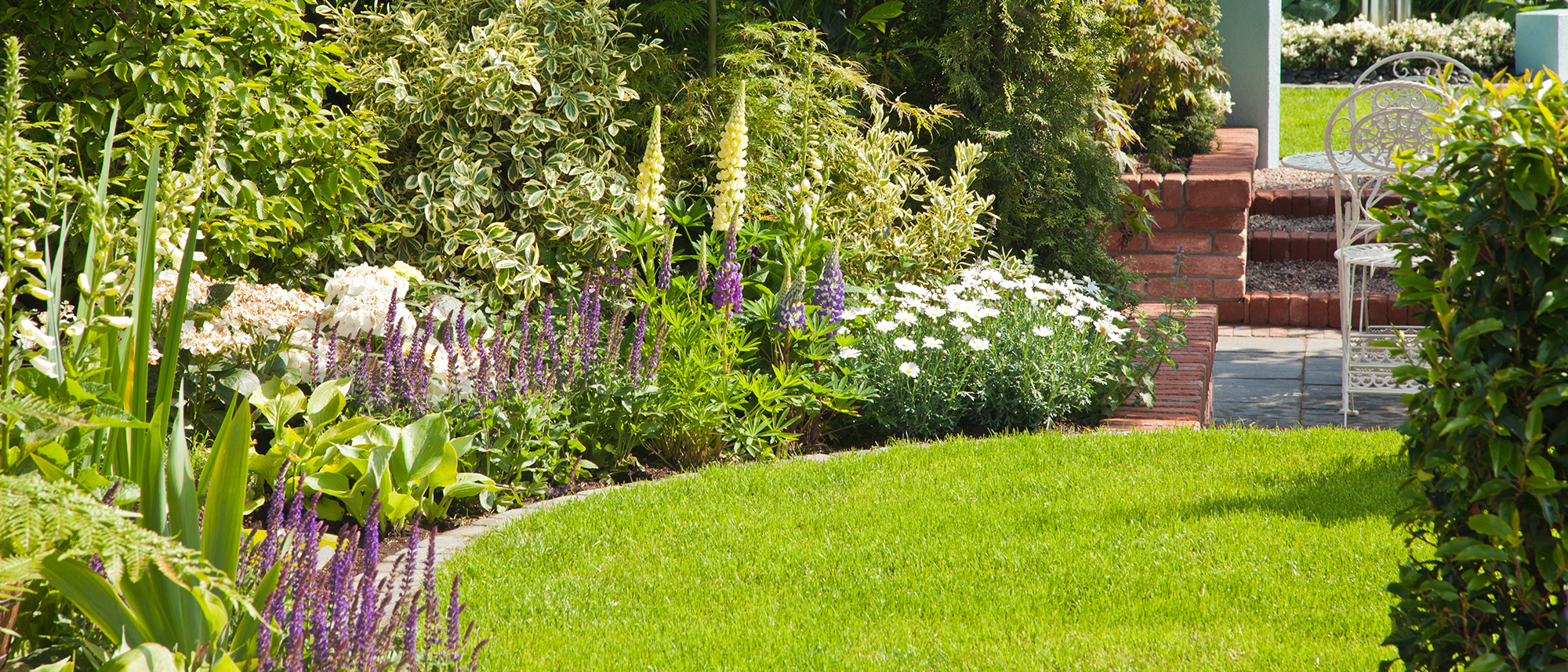You may have heard that a hosepipe ban is coming into force from 25th April in specific areas of Devon and Cornwall. This is, South West Waters says, because the South West Water region is still seeing the impact of last year’s exceptionally dry weather and reservoir levels are lower than normal for this time of year. By taking action now they hope to protect water resources and the environment, to help rivers and reservoirs to recharge ahead of the summer months.
In fact, the South West has been in an official drought status since last summer, and there’s been a hosepipe ban in place since August in Cornwall and some parts of North Devon! But this is now being extended to include all homes supplied by the Roadford Reservoir. You can check if you’re affected by this by inputting your postcode on South West Water’s website.
Gardeners who are affected should note two exceptions to hosepipe use, which are:
- You can water food crops at domestic premises or private allotments using a hosepipe
- You can water newly bought plants for the first 14 days with a hosepipe
All gardeners need to be mindful of how we use water as the ban could potentially be extended to other areas. The following suggestions may be helpful over the coming months.
Use a watering can
Watering containers and borders using a watering can is more time-consuming than using a hosepipe. But it’s a better use of water – you can target where it goes, rather than water the patio at the same time as the plants!
Watering early or later
The reason that it’s sensible to water in the early morning or the evening is to do with the speed at which the water evaporates. There’s little point watering at midday in a heatwave as the soil will dry out again before the water reaches the roots.
Watering the lawn
Everyone loves a lush green lawn, but watering lawns can use a great deal of water, so keep this to once a week (if you’re not in a hosepipe ban area).
Use shady spaces
If they’re not too heavy, it’s a good idea to move pots and containers temporarily out of the direct sun and into a shady space so they need to less water.




 Facebook
Facebook YouTube
YouTube Instagram
Instagram